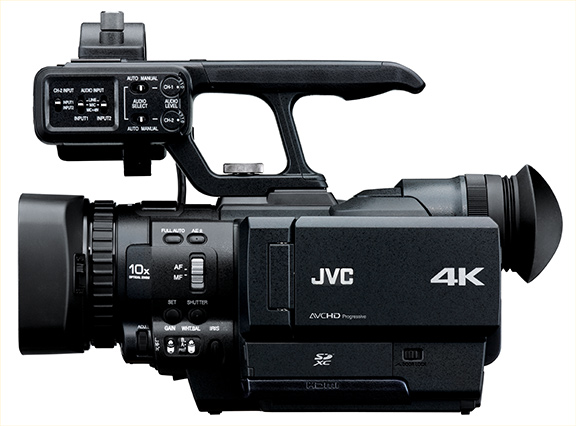Since its release in 2003, H.264, the Advanced Video Coding standard, has witnessed mass-adaptation thanks to its ability to offer both improved compression against standard MPEG4 codecs and exceptional quality at high bit-rates, forming the basis of the bandwidth concious YouTube video service, yet also the quality imperative Blu-ray video format.
Whilst we were all away for the summer, however, MPEG produced a first draft, with the input and feedback of almost 450 industry professionals, of the H.265 High Efficiency Video Coding (HVEC) standard, which will look to replace H.264 in the future, enticing companies and chip designers with the prospects of twice the efficiency of the soon to be decade-old H.264 spec.

Half the bandwidth means twice the number of TV channels, twice as much streaming on a mobile data plan or potentially twice the resolution at the same bit-rate - perhaps an important step towards ratifying a broadcast 4K video standard. With all this in mind, the industry is likely to get behind H.265 fairly quickly, which is the hope of MPEG, who expects that the new technology could find its way into devices as early as next year.
It looks like it'll soon be time to buy a new tablet computer to support the new format... again.













